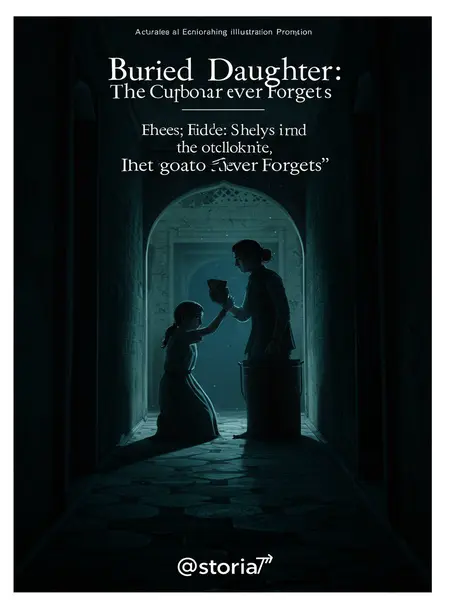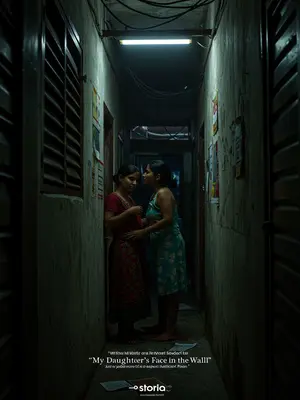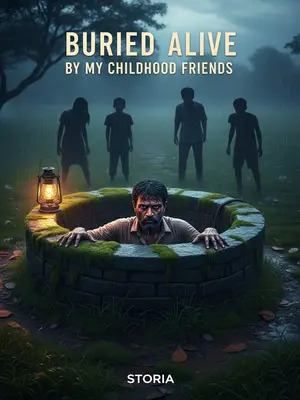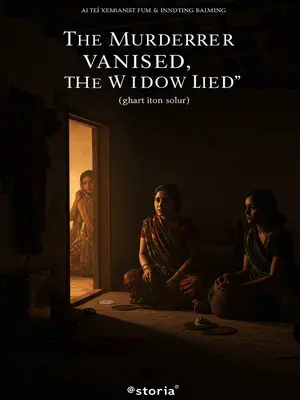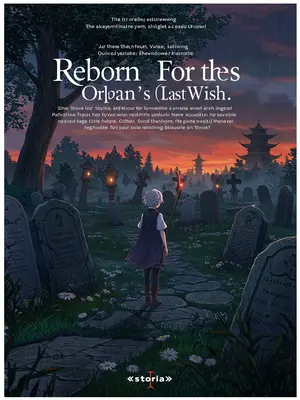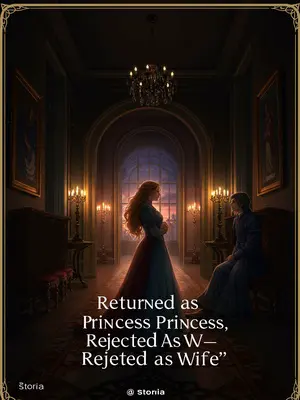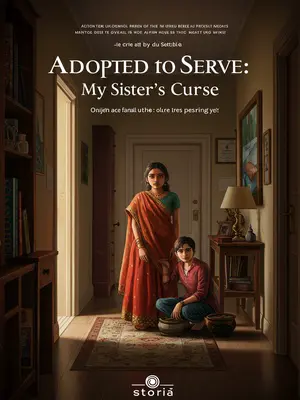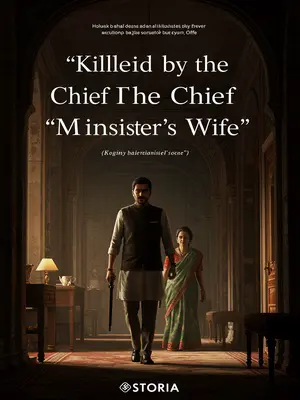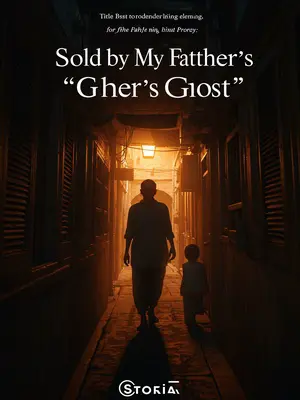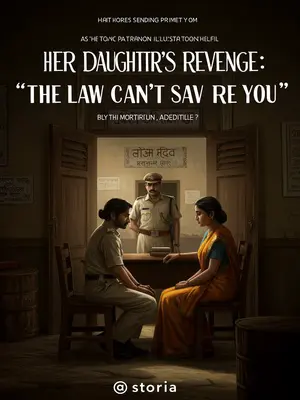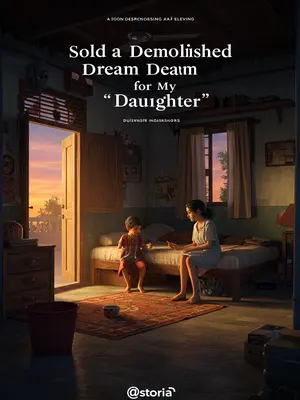Prologue: The Cupboard Game
When I played hide-and-seek with my daughter that day, I did what no father should—I locked the cupboard where she was hiding, my own trembling hand turning the heavy latch.
As I heard the lock snap shut, Kiran’s muffled giggle echoed from inside. Her small fingers banged playfully on the metal, as if it was still just a game. The faint scent of coconut oil—Meena had massaged it into her hair that morning—hung in the air, mixed with the sticky warmth of a Lucknow afternoon. The ceiling fan creaked overhead, and from the street below came the call of a chaat-papdi wala. My heart pounded as I paused, sweat gathering on my brow, bile rising in my throat. I remembered Kiran’s first, wobbly steps on this very floor, her laughter echoing down the corridor. My hands shook, but I told myself, This is for her own good. This is what everyone does, isn’t it? I forced myself to step away, the memory of that moment forever etched in the smells and sounds of our old home.
Afterwards, we left in a rush—my wife, my son, and I—moving as if chased by our own shadows.
We packed in a flurry: my son’s battered schoolbag, Meena’s favourite green saree with the gold border, the few trinkets that made a house a home. The auto rickshaw rattled down the lane, the blue paint of our house shrinking in the rearview mirror, already peeling and faded. I kept my eyes fixed ahead, refusing to look back, afraid the sight of Kiran’s tiny slippers by the door would shatter my resolve. My son chattered excitedly about Mumbai trains, oblivious, while Meena’s silence was heavy—her eyes fixed on the road, fingers twisting her dupatta so tightly her knuckles turned white.
Twenty years passed. Now, I was back in Lucknow, my old house looming over me as I prepared to bury my daughter's remains at last.
The city was the same—kachori oil thick in the air, two-wheelers honking in the tangled gullies, neighbours gossiping behind rusted gates. I brought only an old bedsheet, a packet of agarbatti, and a heart heavy with regret. This time, I would do what should have been done long ago: perform the last rites, and maybe, finally, find some peace.
But as I approached the cupboard,
I heard a girl’s voice—soft, childish, unmistakably Kiran’s.
A cold shiver raced down my spine. My hands, clutching the brass key, trembled as that familiar, sing-song voice floated out, unchanged by time.
"Papa, are you finally going to find me?"
That question—so innocent, so expectant—echoed in the darkness, making my knees buckle. My breath caught, the old walls seemed to close in, and twenty years vanished in an instant. My daughter, my Kittu, was calling me home.
But as the cupboard rattled and Kiran’s voice echoed, I knew—this game of hide-and-seek was far from over.
